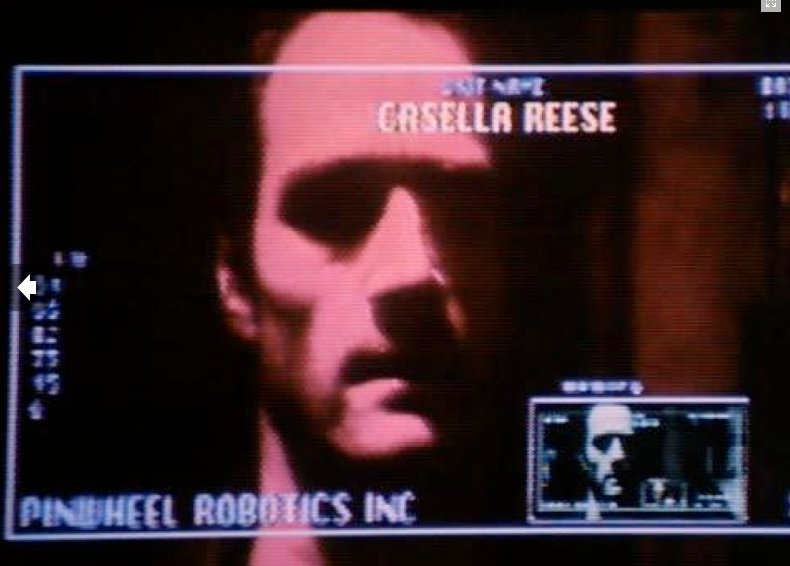Artificial Intuition

Artificial Intuition – A New Possible Path To Artificial Intelligence – by Monica Anderson
Artificial Intelligence was born in Computer Science departments, and inherited their value sets including Correctness. This mindset, this necessity to be logical, provable, and correct has been a fatal roadblock for Artificial Intelligence since its inception. The world is Bizarre, and Logic can not describe it. Artificial Intuition will easily outperform Logic based Artificial Intelligence for almost any problem in a Bizarre problem domain. From the very beginning, Artificial Intelligence should have been a soft science.
Most humans have not been taught logical thinking, but most humans are still intelligent. Most of our daily actions such as walking, talking, and understanding the world are based on Intuition, not Logic.
I capitalize (for stylistic reasons) all major named memes such as “Intuition” and “Logic”
Others have used the label “Artificial Intuition” for other ideas.
I will attempt to show that it is implausible that the brain should be based on Logic. I believe Intelligence emerges from millions of nested micro-intuitions, and that true Artificial Intelligence requires Artificial Intuition.
Intuition is surprisingly easy to implement in computers, but requires a lot of memory.
In what follows I will argue that AN approaches are Biologically Plausible; that they rather elegantly sidestep many problems and limitations of Logic-based AI approaches; and that they are likely to be implementable in current or near-future generations of computer hardware.
LLATech’s “Artificial Intelligence And Intuition” article :
Roger Penrose considered it impossible. Thinking could never imitate a computer process. He said as much in his book, The Emperor’s New Mind. But, a new book, The Intuitive Algorithm, (IA), suggested that intuition was a pattern recognition process. Intuition propelled information through many neural regions like a lightning streak. Data moved from input to output in a reported 20 milliseconds. The mind saw, recognized, interpreted and acted. In the blink of an eye. Myriad processes converted light, sound, touch and smell instantly into your nerve impulses. A dedicated region recognized those impulses as objects and events. The limbic system, another region, interpreted those events to generate emotions. A fourth region responded to those emotions with actions. The mind perceived, identified, evaluated and acted. Intuition got you off the hot stove in a fraction of a second. And it could be using a simple algorithm.
Wired : ‘Artificial Intuition,’ Earthquake Detectors vie for Pentagon Prize
… an Israeli high-tech firm that has developed “artificial intuition” software that can scan large batches of documents in Arabic and other languages. According to the company’s website, this tool can “instantly assesses any Arabic-language document, determines whether it contains content of a terrorist nature or of intelligence value, provides a first-tier Intelligence Analysis Report of the main requirement-relevant elements in the document.